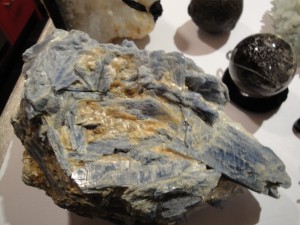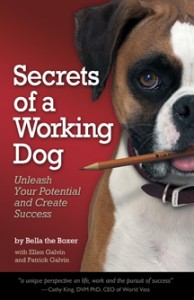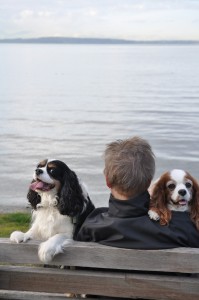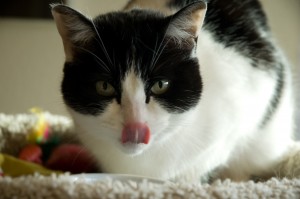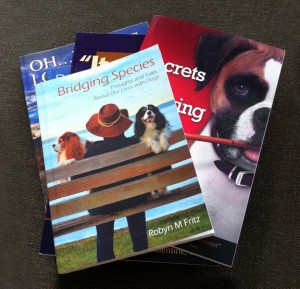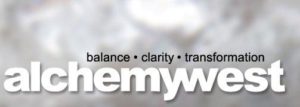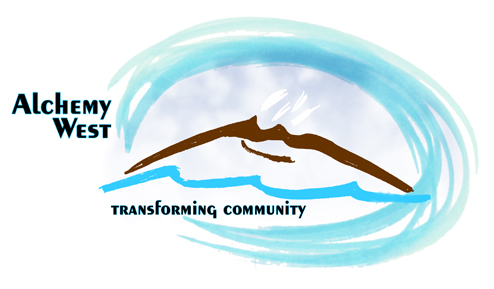 I always start at the beginning when I talk with people about intuitively communicating with anything, especially our homes.
I always start at the beginning when I talk with people about intuitively communicating with anything, especially our homes.
That means we start with the earth paradigm, which acknowledges that all life, whatever its physical form, has a separate and distinct soul and personality, consciousness, equality, rights, responsibility, and free choice to do its work and to contribute to our conscious, self-aware, evolving planet. All life holds the fate of the world in its choice. Including our homes.
Our homes are living beings. The difference is, you live and sometimes work in them, so their needs are as intimate as yours. To you your home is part of your family; to your home, you are its family. Seen from the earth paradigm, this is at once an enormous responsibility and opportunity for people to authentically connect with their most intimate, private settings.
While it is rare for us to consciously consider our homes to be living beings, with their own opinions, we do offer them a level of unconscious understanding in the subtle ways we respond to them. For example, if you walk into a home and just know it’s yours, don’t think it’s all about you. The house is probably trying very hard to get your attention. (Note also that many homes are becoming vividly aware of themselves and are eagerly trying to attract anyone who can hear them—so if you’re willing to engage a home as an equal, you’ll have lots of volunteers!)
The same goes for paint colors and even dishes, furniture, and decorative items (much like feng shui). If you are wondering whether something belongs in your home, simply ask it. You never know what you’ll hear (and you may or may not like it).
House Hunting
Many homes actively search for their families. Ever visit an open house and feel welcomed? Or not? Of course, it’s partly your attitude in searching, but it’s also the house either looking for its family or desperately hanging on to its family and refusing to move on.
I’ve met both kinds of homes. When I first started hearing houses speak to me I thought I was looking for one to buy. I drove my real estate agent crazy going from place to place. She had intuitives in her family, and finally pointed out to me that something else was going on. By that time I could walk into a house and point out all its positives and negatives as I looked around the room, from the house’s aversion to a new family to its eagerness to share itself with a new one, sometimes mine. I also visited a house I was strongly pulled to, where my agent sent me in alone. Once inside, I realized the house was overwhelmed by mold, and had asked me to witness its death.
“Look,” another house shouted when I was in its basement, looking out over a large backyard. “I have a sink to wash the dogs in and a really big back yard.” At another house, on a calm, windless day, my agent walked freely through the front door, but it slammed abruptly in my face. She was ready to leave right then, but I insisted on going in to learn, intrigued to notice that it pointed out every defect. I thanked the house for sharing, told it I would not be buying it, and suggested it work closely with its family, since I had been told they were determined to move on.
I went to one open house, convinced it was mine because it had been calling me, only to walk through the front door and blurt out, “This isn’t my house, it doesn’t even want me. What am I doing here?” I glanced around and spotted a woman staring around her, star-struck. “Oh,” I said to my agent. “It’s her house.” If I had been more confident in what I was learning at the time, I would have walked up to her and told her she was in her house. Later, I realized that was exactly what the house had wanted: it knew I could hear houses speak, and it wanted me to help it find its new family.
Talking with a Home and Clearing It
When I work with a home or a business I usually conduct an intuitive communication session with it and the humans involved. This is a direct conversation between the house and its family, whether it is clearing the space or preparing the house for sale or rental. Sometimes it’s a means of letting go of each other, at others it’s renewal. These direct conversations are often surprising, as homes are rarely given the opportunity to speak directly to us.
Often a space cooperating session is also part of an intuitive communication session. It is not what people normally consider when they consult a feng shui or space clearing expert. It does help people and their homes live and work together comfortably and harmoniously.
In future posts I’ll write more about clearing a home while conducting an intuitive communication session with it, and what is unique about my work. But for now, have you communicated with your house? What was the most important thing you learned about it?
(c) 2011 Robyn M Fritz
